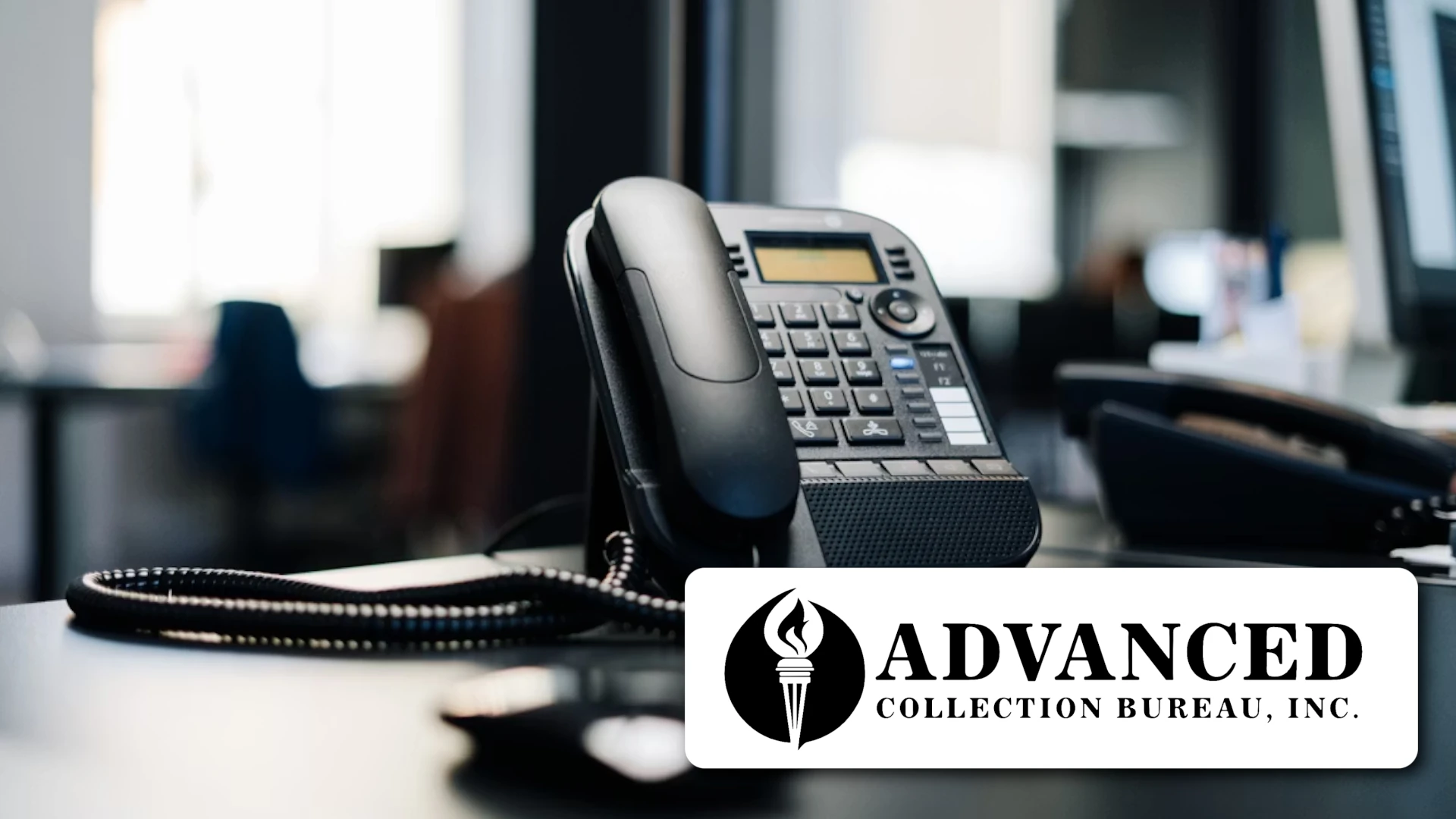Debt Collection Laws in Atlanta, Georgia | Advanced Collection BureauDebt collection is an essential part of the financial system, helping businesses recover unpaid balances while ensuring consumers are treated fairly. However, the process must follow strict debt collection laws to prevent harassment, deception, or other unethical practices. Both businesses and individuals should understand these regulations to protect their rights and ensure compliance.
Key Federal Debt Collection Laws
The Fair Debt Collection Practices Act (FDCPA) is one of the most well-known laws governing debt collection. It applies to third-party collection agencies and sets limits on how and when they can contact consumers. Under the FDCPA, collectors cannot call before 8 a.m. or after 9 p.m., use abusive language, threaten legal action they do not intend to take, or misrepresent the amount owed. If a consumer requests in writing that a collector cease communication, the agency must comply, except to notify them of further legal action.
The Consumer Financial Protection Bureau (CFPB) oversees debt collection practices and enforces consumer protection laws. It provides resources for consumers to report violations and take legal action if necessary. Additionally, the Fair Credit Reporting Act (FCRA) regulates how debts are reported to credit bureaus, ensuring accuracy in financial records.
State-Specific Debt Collection Laws
While federal laws apply nationwide, many states have their own debt collection laws that provide additional protections. Some states impose stricter limits on interest rates, statute of limitations, and the methods collectors can use. For example, some states require collection agencies to be licensed, while others prohibit wage garnishment for certain types of debt.
Businesses should ensure that they work with a collection agency that understands state regulations to avoid potential legal complications. Consumers, on the other hand, should familiarize themselves with their state’s laws to recognize when a collector may be acting outside of legal boundaries.
How Businesses Can Stay Compliant
For businesses that manage their own collections or work with a third-party agency, compliance with debt collection laws is critical. Using fair and professional collection practices not only protects against legal risks but also helps maintain a company’s reputation. A business that violates consumer protection laws may face lawsuits, fines, or damage to its brand.
Partnering with a reputable collection agency ensures that all recovery efforts are handled legally and ethically. Agencies that adhere to federal and state regulations can recover debts effectively while minimizing the risk of disputes or complaints.
Understanding Your Rights as a Consumer
Consumers contacted by debt collectors should know their rights and take action if they believe those rights are being violated. Requesting written verification of a debt, keeping records of all communication, and knowing when to dispute inaccurate information can help protect against unfair collection tactics.
If a debt is valid, working with the collector to negotiate a payment plan can be a productive approach. However, if a consumer is facing harassment or unlawful collection practices, they can file complaints with the CFPB, their state attorney general’s office, or the Federal Trade Commission.
Work With a Trusted Collection Agency
Navigating debt collection laws can be complex, but businesses and consumers who understand their rights can protect themselves from legal and financial challenges. Whether you are a business seeking to recover unpaid debts or an individual dealing with collections, choosing a professional and compliant agency makes all the difference.
Advanced Collection Bureau ensures legal, ethical, and effective debt recovery services. If your business needs assistance collecting overdue accounts while staying compliant with regulations, work with us today to learn more about how we can help.














